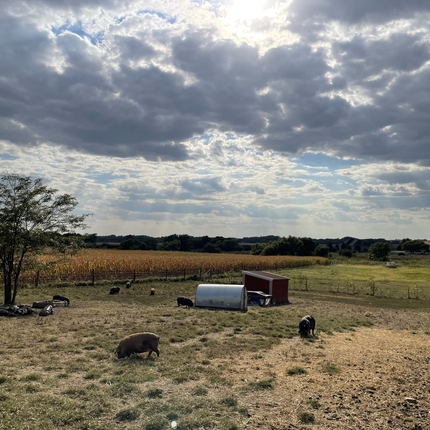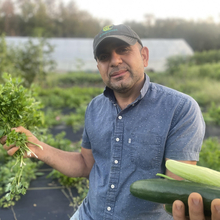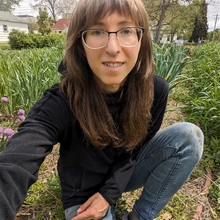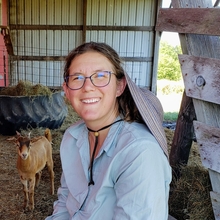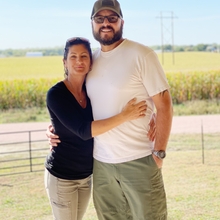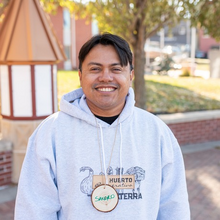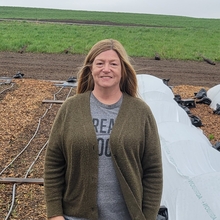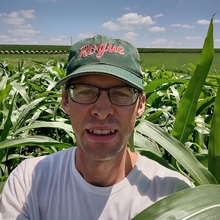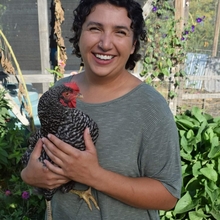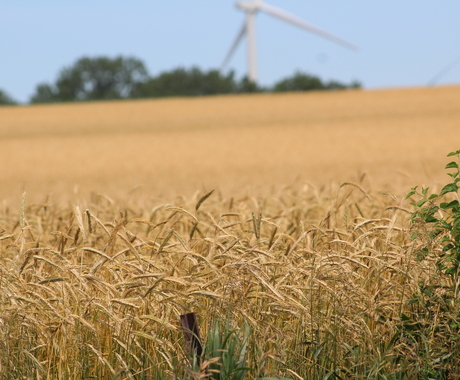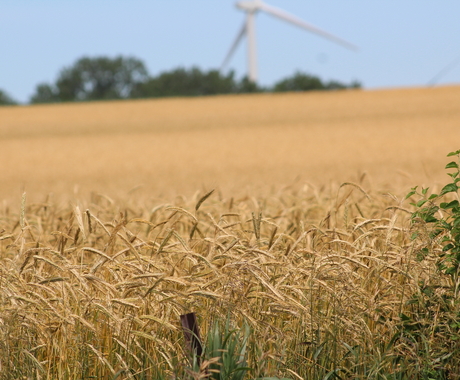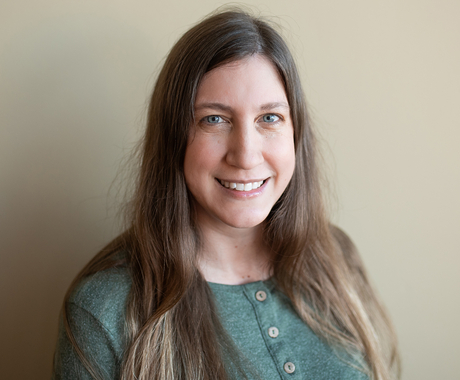Angelyn Wang, local foods associate, angelynw@cfra.org, 402.870.1721; or Teresa Hoffman, senior communications associate, teresah@cfra.org, 402.687.2100 ext. 1012
LYONS, NEBRASKA – Several fellows have been chosen for the Center for Rural Affairs’ Beginning Farmer Conservation Fellowship program.
“Across Nebraska, farmers and ranchers are working to implement working lands conservation practices, such as cover crops, rotational grazing, and pollinator habitats,” said Angelyn Wang, local foods associate with the Center. “These practices are vital to the health of our soil and environment while producing the food we need. Beginning farmer fellows will benefit from the curriculum we’ve developed with partners and experts on climate change mitigation and resource management.”
Beginning farmers were chosen to deepen their conservation knowledge. Fellows will complete coursework in conservation programs and practices, climate change adaptation and impacts, racial equity, and leadership.
They will attend classes and field days, design and implement a conservation project on their own farm or land they are farming, and present at the annual Nebraska Sustainable Agriculture Conference.
The 2024 fellows include:
Shahab Bashar, Lincoln. Bashar has experience farming in Iraq, where he grew tomatoes, eggplant, and cucumbers. He and his wife work as farmers at Prairie Pine, which is managed by Community Crops. He is passionate about farming, especially cultivating cultural produce that caters to the diverse culinary needs of refugees from the Middle East and Africa in Nebraska.
Amy Gerdes, Lincoln. Gerdes has an academic background in biology, with a focus on botany and ecology and has worked in the sustainable ag sector. She operates a small urban farm, Lake St. Microfarm, where she grows diverse specialty crops. In addition to farming, she provides farmer and gardener education and works to expand community gardens and farms in Lincoln through her work at Community Crops.
Corinne Kolm, Filley. Kolm is a fifth-generation farmer who has worked in local food and organic certification for nearly 20 years. She and her husband purchased an 80-acre diversified farm from retiring farmers, with a primary focus on organic fruit and grazing grass-fed beef for the local market.
Gus and Stephanie Leigh, Neligh. The Leighs’ farm focuses on providing pasture-raised eggs, chickens, turkeys, pigs, and cows on a 55-acre property. Their farm follows regenerative and conservation-based agricultural practices, working with nature to improve the environment.
Sandro Lopes, David City. Lopes is a native Brazilian who is dedicated to the principles of syntropic agriculture and riparian agriculture systems. His farm, Huerto Regenerativo NaTerra, is inspired by the farming practices of his ancestors from Itacoã Miri, state of Para, Brazil.
Angela Mueller, Plattsmouth. Mueller runs Wood Barn Farm and focuses on cut flowers as a specialty crop. She works with plants that are native to Nebraska and will thrive here, devoting segments of the land to wetlands and pollinators.
Riley Reinke, Filley. Reinke has farmed for 10 years, raising vegetables, organic and non-GMO grain and hay crops, as well as laying hens. Her goal is to cultivate human and environmental health through regenerative farming by producing food for consumers in our local communities.
Laura Simpson, northeast Omaha. Simpson focuses on urban farming and joined the City Sprouts Team in spring 2020. She takes lead on managing community partnerships and distribution of produce grown on its urban farm in northeast Omaha.
Each fellow must be actively farming in Nebraska and engaged in farming for fewer than 10 years.

